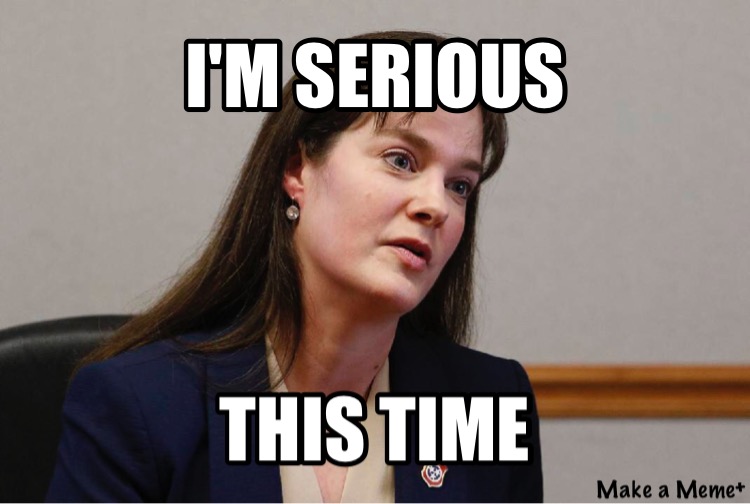Earlier this year, I posted a piece by Camilla Spadafino, an art teacher in Nashville, about her experience with the Tennessee Fine Arts Portfolio. At the time, there was some discussion in Nashville about the district moving away from portfolio evaluation for Fine Arts teachers. While that did not happen this year in Nashville, five districts did drop portfolio evaluation for Fine Arts prior to the start of this school year.
For those following the Pre-K/Kindergarten portfolio story, the Fine Arts and other optional portfolios experienced similar challenges with platform vendor Educopia last year. Now, those few districts using the Fine Arts portfolio in 2018-19 will shift to the third platform vendor in three years.
In 2017-18, sixteen districts participated in the Fine Arts portfolio. As of July, five districts had dropped and one, Sumner County, added. That left twelve districts to move forward this year.
Now, Tipton County has announced they are dropping the Fine Arts portfolio this year. The move comes after a group of Fine Arts teachers sent a letter to school board members citing numerous challenges with the portfolio.
Here are some key excerpts explaining why Tipton County Fine Arts teachers did not want to continue with portfolio evaluation after having used it for four years:
While we appreciate the theory behind it, in real practice the portfolio process is not an effective one. What has occurred over the past several years is that portfolio has changed our lesson structures, negatively impacted our students’ classroom experience, and it has failed to provide feedback to help us improve as teachers.
There is extensive time spent on putting all the collections together in order to submit. Teachers have attested to spending anywhere from 40-100 hours of their own time outside of school on preparing their portfolio.
It has not positively impacted our students, or our school’s arts programs. Many counties in the state have opted out because of these issues. Our goal is to support classroom teachers through collaboration in order to help students reach their specific target areas. Portfolio detracts from this goal and should be removed. Our belief is that we should opt out of the portfolio process…
The concerns mentioned here echo many of those raised by Nashville teachers. They are also similar to concerns expressed by Pre-K and Kindergarten teachers after their first year of portfolio evaluation.
The process, according to teachers, takes up valuable instructional time and yields no real benefits for students. Teachers spend countless hours of their own time without compensation and receive little or no meaningful feedback on how to improve practice.
It will be interesting to see how the process goes this year with yet another new vendor. Will more districts opt out next year?
For more on education politics and policy in Tennessee, follow @TNEdReport




